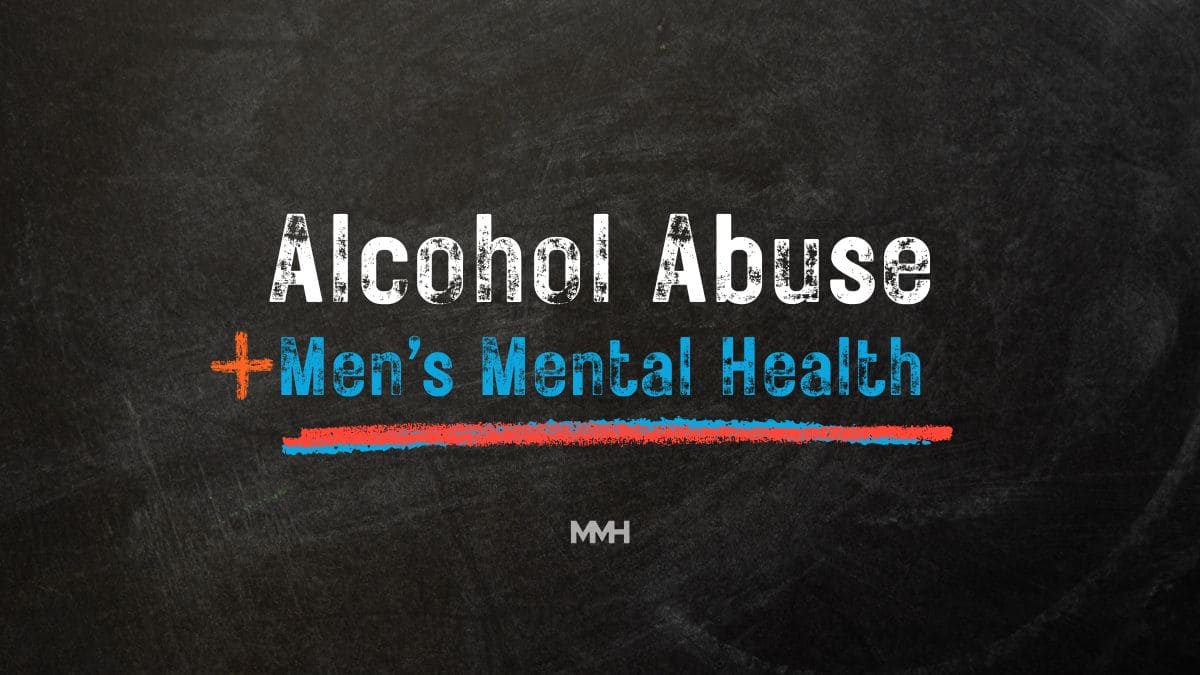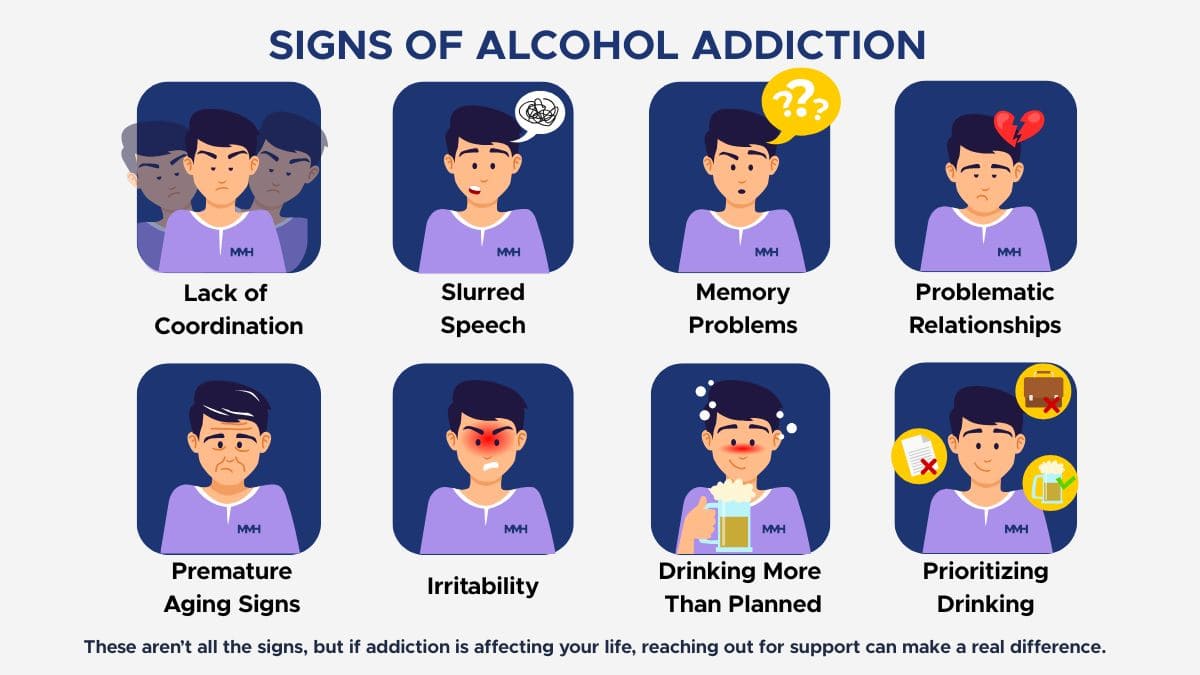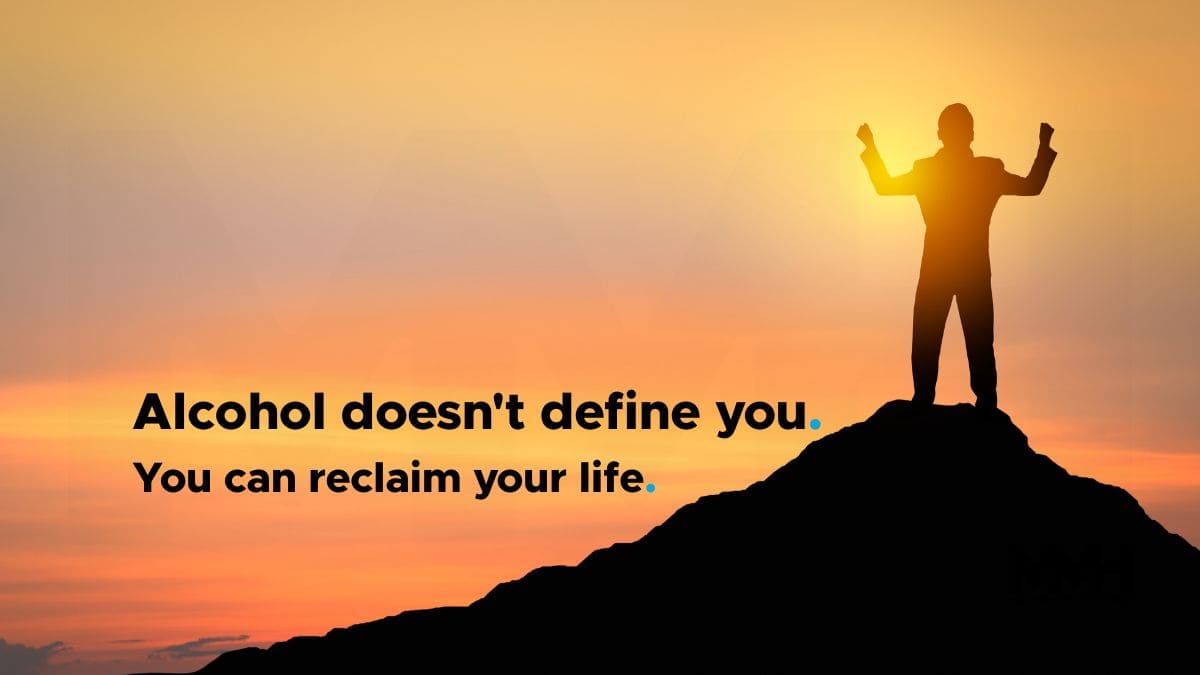MMH Men’s Mental Health does not provide direct mental health support. We do not offer crisis intervention, therapy, counselling, or medical advice. Instead, we provide information and signposting to external services that may be able to help.
Alcohol Abuse
Having a tough time? You don’t have to face it alone—help is available.
Need to talk?
Samaritans are here to listen, 24/7, 365 days a year. You can call them for free on 116 123 or visit www.samaritans.org
Prefer to Text?
Shout is a free, confidential, 24/7 text messaging support service for anyone who is struggling to cope.
If you feel in danger please call 999 or go directly to emergency services.
Beyond the Buzz: Understanding Alcohol Abuse in Men
Alcohol is deeply embedded in social culture—it’s used to unwind, celebrate, and connect with others. But when does drinking cross the line from social habit to a serious problem?
📌 Alcohol abuse isn’t just about drinking too much—it’s about how drinking affects your mental health, relationships, and daily life.
If alcohol is causing problems at home, work, or within yourself, recognizing the warning signs is the first step toward regaining control.

What is Alcohol Abuse?
Alcohol abuse is more than occasional heavy drinking—it’s a pattern of excessive alcohol use that negatively affects physical health, mental well-being, responsibilities, or relationships.
✅ Alcohol abuse is different from dependence:
✔ Alcohol abuse – Regularly drinking in a way that causes negative consequences, but without physical withdrawal symptoms.
✔ Alcohol dependence (Alcoholism) – A chronic condition where the body relies on alcohol, causing withdrawal symptoms when drinking stops.
📌 Even if you’re not physically dependent, alcohol abuse can still damage your health, career, and relationships.

What Causes Alcohol Abuse in Men?
There is no single cause of alcohol abuse—several factors can contribute to it:
🔹 Genetics & Family History – If alcoholism runs in your family, your risk of developing alcohol abuse increases.
🔹 Stress & Anxiety – Many men use alcohol to cope with stress, whether from work, relationships, or personal struggles.
🔹 Social Pressure – Environments where heavy drinking is normalized can make it harder to control consumption.
🔹 Emotional Suppression – Men are often discouraged from expressing emotions, leading some to use alcohol to numb difficult feelings.
🔹 Cultural Expectations – Some men feel pressured to drink excessively to fit in or prove masculinity.
📌 Understanding the underlying causes of alcohol abuse can help in finding healthier ways to cope.

How to Recognize Alcohol Abuse
Alcohol abuse isn’t always obvious—many men maintain jobs, relationships, and daily routines while struggling with problematic drinking.
🟠 Warning Signs of Alcohol Abuse
Increased tolerance – Needing more alcohol to feel the same effect.
Drinking despite negative consequences – Struggles at work, in relationships, or with health.
Hiding or lying about drinking – Feeling ashamed or secretive about alcohol use.
Loss of interest in hobbies – Prioritizing drinking over activities once enjoyed.
Blackouts or memory lapses – Forgetting events while intoxicated.
Mood swings & irritability – Alcohol affecting anger, frustration, or emotional control.
Neglecting responsibilities – Missing work, skipping commitments, or ignoring family obligations.
Financial issues – Struggling with money due to spending on alcohol.
Risky behavior – Driving under the influence, unsafe sex, or reckless decisions.
📌 If drinking is interfering with life, health, or relationships, it’s time to seek support.

Different Forms of Alcohol Abuse
Alcohol abuse doesn’t look the same for everyone—it can take different forms:
🟡 Binge Drinking – Consuming large amounts of alcohol in a short period, often leading to risky behavior.
🟡 Daily Drinking – Regularly exceeding recommended limits on alcohol consumption.
🟡 Secret Drinking – Hiding alcohol use from family or friends out of guilt or shame.
🟡 Functional Alcoholism – Maintaining a job and responsibilities while struggling with problematic drinking.
📌 Recognizing the pattern of alcohol abuse can help in taking the first step toward change.
🚨 Recovery is possible, and support is available. If alcohol is affecting your life, reaching out for help can be the first step toward a healthier, happier future.
Explore More
Alcohol Abuse
- Alcoholics Anonymous offers support and guidance for those struggling with alcohol addiction.
- Drinkaware provides information and resources for understanding and reducing alcohol consumption.
- Alcohol Change UK provides support and resources for those affected by alcohol misuse.
- Adfam offers support to families affected by alcohol and drug use.
- SMART Recovery UK offers self-help programs for addiction recovery, including alcohol abuse.
While we aim to provide accurate and updated information, MMH Men’s Mental Health is not responsible for the quality, accuracy, or availability of external services linked on this page. If you notice a broken link or have a resource to suggest, let us know.
Ways to Support Yourself Through Tough Times
Even small improvements can make a big impact on your well-being. Try these ideas.
If your struggles persist or affect your daily life, consulting a professional is recommended.
Acknowledge the Problem
Educate Yourself
Seek Professional Help
Therapists and addiction specialists can provide support, develop coping mechanisms, and create a personalized treatment plan.
Join a Support Group
Connecting with others who understand your struggles can be incredibly empowering.
Focus on Healthy Habits
Your Mental Health Matters.
There is no shame in needing support - everyone deserves help.
Take the next step:
Need to talk?
Samaritans are here to listen, 24/7. You can call them for free on 116 123 or visit www.samaritans.org
Prefer texting?
Shout offers free, 24/7 confidential support. Text ‘SHOUT’ to 85258 to start a conversation or visit
www.giveusashout.org
Explore More
Looking for guidance? Browse external resources on mental health, self-care, and well-being.
Support Groups
Find connection. Join an external support group and connect with others who understand.
